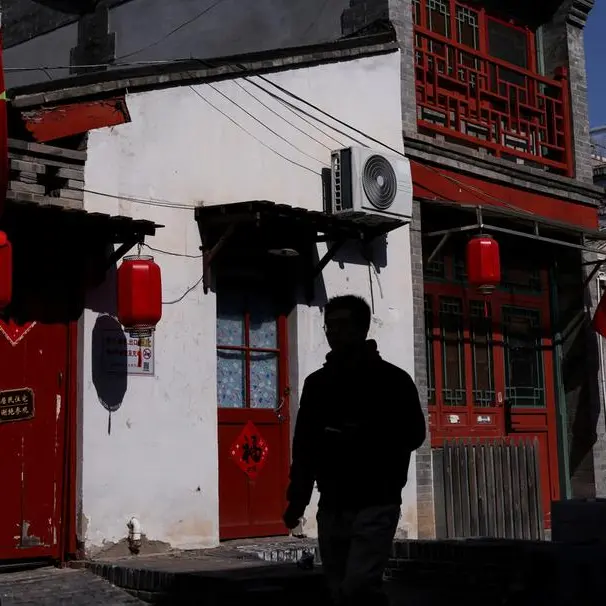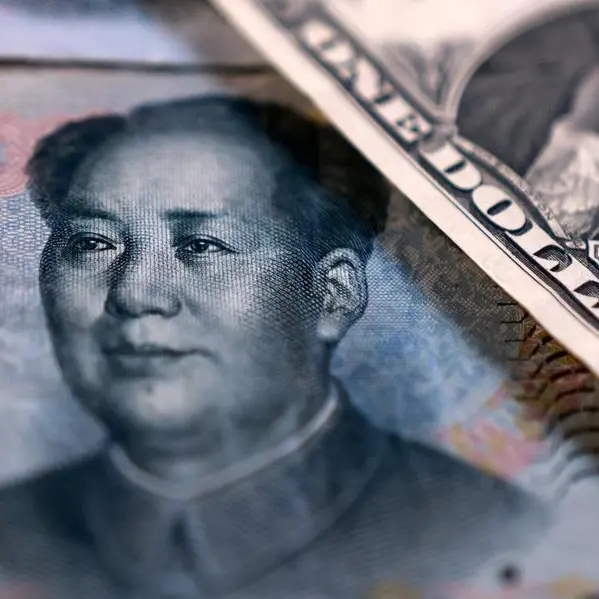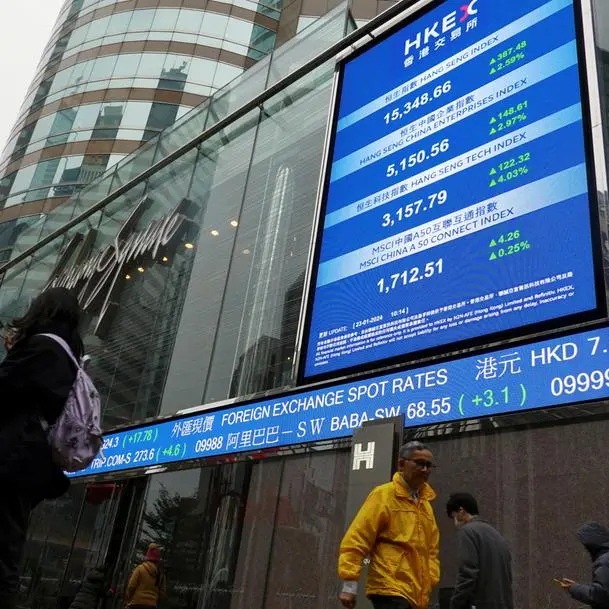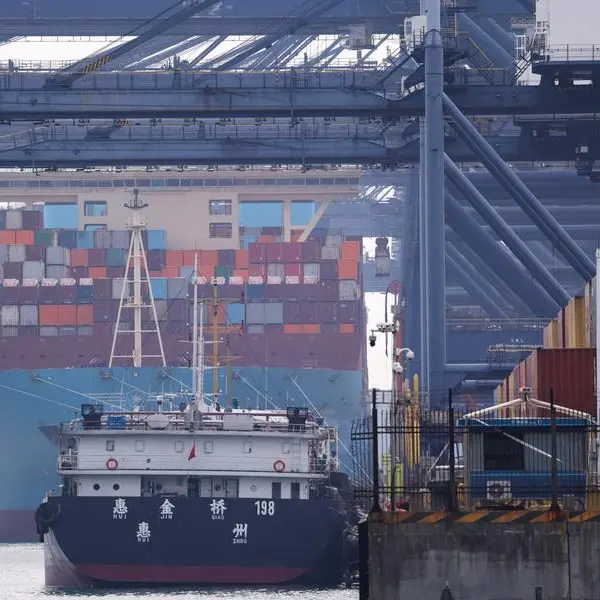PHOTO
Climate-related inflation shocks may be felt for up to four years, causing a pronounced hike in headline inflation, a study by the Bangko Sentral ng Pilipinas (BSP) Research Academy showed.
The BSP paper quantified the long-term impact of climate shocks on economic activity and inflation, which are the BSP's main considerations in assessing monetary policy.
'We find that temperature shocks generate inflationary pressures and remain persistent up to four years, with a cumulative increase of 0.77-percentage-point in headline inflation (in the medium term),' the study said.
In the short-term, inflationary pressures due to climate shocks can add 0.46 percentage point to headline inflation. It can also add 0.81 percentage point in the long term.
Meanwhile, food prices can increase by 0.56 percentage point in the short-term, 0.66 percentage point in the medium-term and 0.79 percentage point in the long-term due to temperature shocks. This is deeper and long-lasting in magnitude compared to its effect on non-food prices.
The effects of temperature shocks on non-food prices might only add 0.32 percentage point in the short term, 0.13 percentage point in the medium-term and 0.19 percentage point in the long-term.
The study defined temperature shocks as an increase in temperature by one-degree Celsius. It investigated specific sectors which are mostly affected by climate shocks such as crop production, livestock, fishing, manufacturing, services, real investment and labor productivity in heat-exposed industries.
The BSP research paper also tested the impact of temperature shocks on economic growth by controlling the occurrence of floods, storms and El Niño weather events.
'We find that, on the average, the short-run marginal impact of a one-degree Celsius increase in the country's annual mean temperature reduces aggregate output growth by 0.37 percentage point,' it said.
According to the study, the results underscore the importance of coordinated government measures from monetary and fiscal authorities.
'The inflationary effects of temperature shocks in the short-run are best addressed by the timely implementation of non-monetary policy interventions since monetary policy adjustment typically works with a lag,' it said.
The study noted that supply-side shocks such as lower-than-expected crop harvests due to drought can be best addressed by fiscal authorities. This is by import substitution and by providing irrigation.
'The timely implementation of these measures should prevent inflation from becoming more entrenched and permanent,' it said.
Copyright © 2022 PhilSTAR Daily, Inc Provided by SyndiGate Media Inc. (Syndigate.info).





















